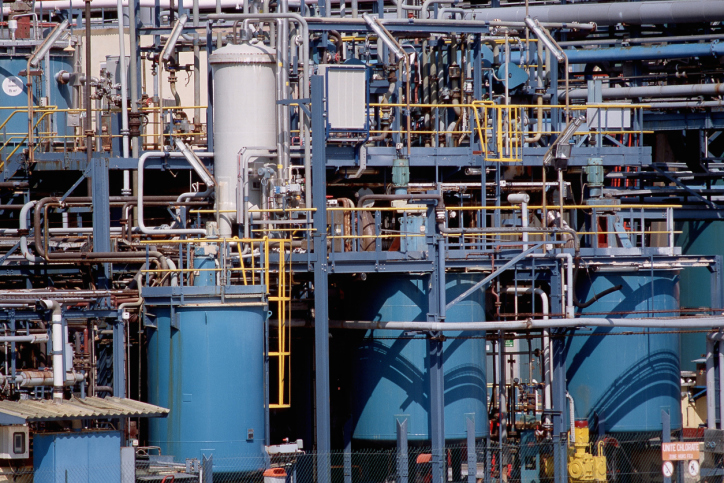
The data was reported today by AAA, and the organization’s spokesman said:
Most drivers are paying the lowest gas prices in more than eight months due to abundant gasoline supplies, the end of the summer driving season, lower oil costs and the switchover to winter-blend gasoline. Supply and demand is working in most consumers’ favor with consumption down and gasoline stocks more than 10 percent higher than a year ago. … Gas prices should drop another 25-30 cents per gallon to the cheapest averages of the year barring significant refinery problems or higher oil costs. Averages in as many as five to ten states could drop below $3.00 per gallon, but there is a floor to how low the national average can go given the very high cost of crude oil.
Last year between October 1 and December 20, the national average price of a gallon of gasoline fell $0.56. In October 2012 alone, the price fell $0.26 a gallon. Here is a AAA chart of gasoline prices comparing year-to-date prices for 2012 and 2013:

This is good news for consumers, and oddly enough could be better news for refiners. Energy economist Philip Verleger says in his most recent weekly newsletter that domestic U.S. crude producers will need to accept discounts to world crude prices if they want refiners to take their output. The reason is that refiners on the Gulf Coast will only pay an amount that allows them to ship crude from the storage tanks at Cushing, Okla., and refined products on to world markets at a price that still earns the refiners a profit.
Rail transportation of crude has had a big impact on U.S. refined, but the biggest factor is that U.S. demand has fallen so far, refiners must export about 1 million barrels of refined products every day, and about 80% of those exports leave from the U.S. Gulf Coast. As Verleger notes:
The divergence between WTI and Brent [crude oil prices] will at least reflect the cost of transporting light sweet crude to the Gulf and transporting products to Europe. Refiners will maintain this gap by refusing to pay more.
The largest U.S. refiners on the Gulf Coast are Valero Corp. (NYSE: VLO), Exxon Mobil Corp. (NYSE: XOM), BP PLC (NYSE: BP), Marathon Petroleum Corp. (NYSE: MPC) and Motiva, a joint venture between Royal Dutch Shell PLC (NYSE: RDS-A) and Venezuela’s PdVSA. For now, at least, they and U.S. consumers look to be on the verge of getting a nice holiday bonus.
100 Million Americans Are Missing This Crucial Retirement Tool
The thought of burdening your family with a financial disaster is most Americans’ nightmare. However, recent studies show that over 100 million Americans still don’t have proper life insurance in the event they pass away.
Life insurance can bring peace of mind – ensuring your loved ones are safeguarded against unforeseen expenses and debts. With premiums often lower than expected and a variety of plans tailored to different life stages and health conditions, securing a policy is more accessible than ever.
A quick, no-obligation quote can provide valuable insight into what’s available and what might best suit your family’s needs. Life insurance is a simple step you can take today to help secure peace of mind for your loved ones tomorrow.
Click here to learn how to get a quote in just a few minutes.
Thank you for reading! Have some feedback for us?
Contact the 24/7 Wall St. editorial team.



